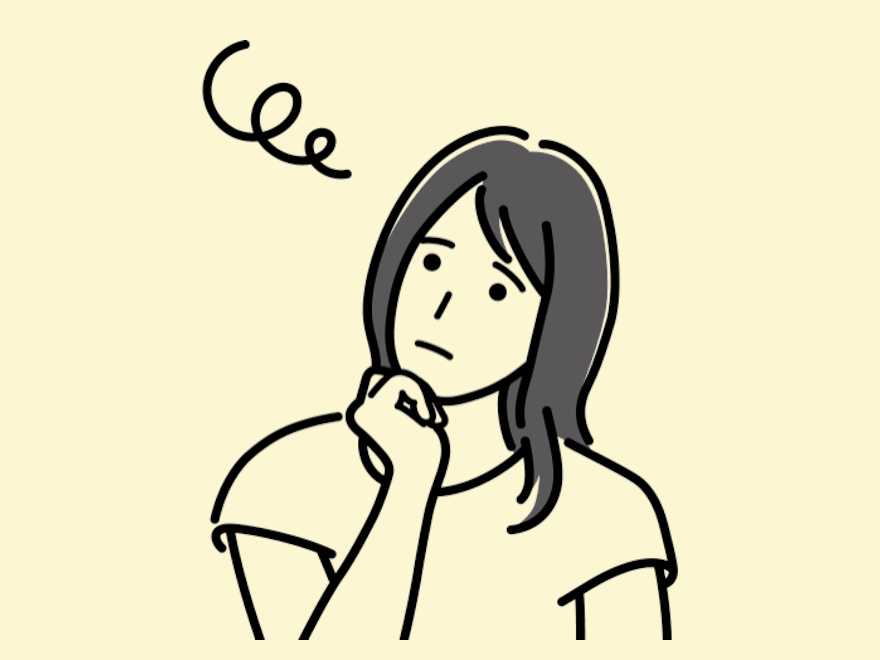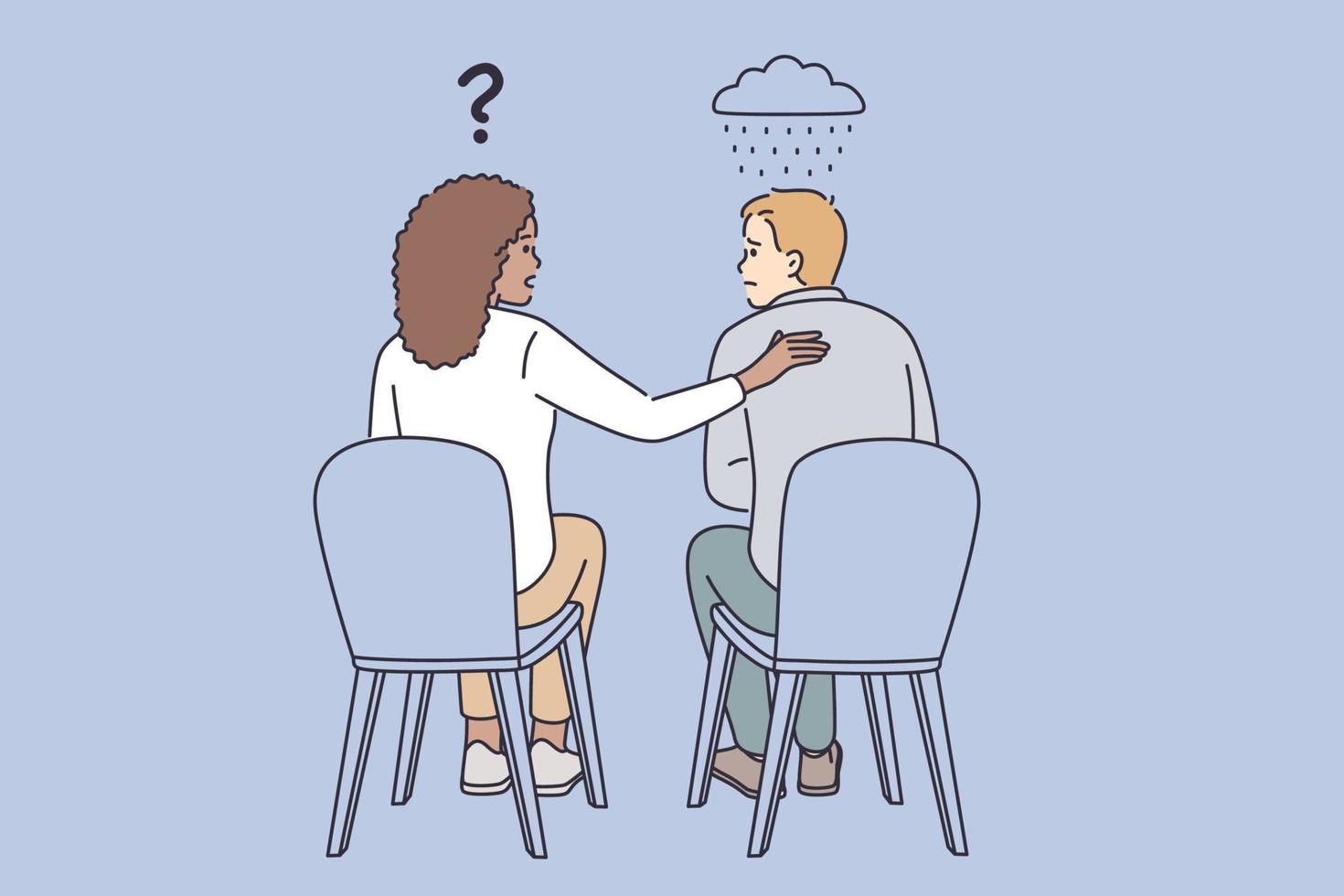PDP Animal Personality Test|共30题
Welcome to participate in the PDP Animal Personality Test, which is a professional journey to deeply explore one's own personality traits. The PDP personality test, also known as Professional DynaMetric Programs, has become a widely recognized personality analysis tool worldwide since its development in the United States in 1978. After 35 years of development, this test has been applied in 34 countries, serving over 16 million people and continuously adopted by more than 5000 enterprises, research institutions, and government organizations to optimize human resource management and team collaboration.
Novak Anger Scale|共25题
The Novak Anger Scale is not used for diagnosis, but rather as a self-assessment tool, derived from the book "Getting Out of Despair: Psychologists Teach You to Get Rid of Depression". It provides a framework for you to reflect and evaluate your anger response. Through this scale, you can better understand your emotional reactions when faced with provocation, and take appropriate measures to manage your anger.
General Self Efficacy Scale (GSES)|共10题
The GSES scale was developed by German psychologist Professor Ralf Schwarzer and his colleagues in 1981 and has been translated into multiple languages and widely used internationally. This scale consists of 10 items, covering aspects such as effort, talent, environment, goal achievement, and self expectation. Each project is evaluated using a Likert 4-point scale, ranging from 'completely incorrect' to 'completely correct'. The higher the total score of the scale, the stronger the individual's general self-efficacy.
Social Avoidance and Distress Scale (SAD)|共1题
Welcome to participate in the Social Avoidance and Distress Scale (SAD) test, which is a valuable opportunity to explore one's own social behavior in depth. The Social Avoidance and Distress Scale (SAD) is a psychological assessment tool aimed at evaluating an individual's tendency to avoid social situations and the accompanying feelings of distress. Avoidance is a behavioral manifestation in which individuals choose to avoid or refrain from participating in social situations; Distress is an emotional response, referring to the discomfort, anxiety, or pain that an individual feels when actually participating in social activities.
Rosenberg Self Esteem Scale (SES)|共10题
The Rosenberg Self Esteem Scale consists of 10 declarative statements, and participants need to choose the degree of applicability on a four point scale based on their own feelings and opinions. This scale is concise, easy to score, and can directly reflect an individual's positive or negative feelings towards themselves. The simplicity and high reliability of SES have been validated in extensive research and widely applied to explore the relationship between self-esteem and mental health, interpersonal relationships, academic achievement, and other aspects.
Burns Depression Inventory (BDC)|共15题
Welcome to participate in the "Ennis Depression Checklist (BDC)" test, which is an important step towards gaining a deeper understanding of one's own psychological state. The Burns Depression Checklist (BDC) is a self diagnostic tool designed by Dr. David D. Burns, a new generation of psychotherapist from the University of Pennsylvania in the United States, aimed at helping people quickly assess whether they have symptoms of depression.
Beck Depression Inventory (BDI-SF)|共13题
BDI-SF, The full name is Beck Depression Inventory - Short Form, which is a shortened version of the Beck Depression Inventory. The initial BDI scale consisted of 21 items, and later Beck introduced a 13 item version, BDI-SF, in 1974 to meet the assessment needs of patients with varying degrees of depression. This test is based on this brief version.
Professional personality test questions based on the Rand Corporation psychological test in the United States|共15题
Welcome to participate in the 'Professional Personality Test Based on the Rand Corporation Psychological Test', which is a unique experience to gain a deeper understanding of one's professional personality. This test is based on the classic psychological test questions of RAND Corporation in the United States, and carefully adjusted and optimized in combination with the psychological characteristics of Chinese people, aiming to provide participants with an accurate and reliable professional personality assessment tool.
PHQ-9 Depression Screening Scale|共9题
Welcome to participate in the PHQ-9 Depression Screening Scale test, which is an important step towards gaining a deeper understanding of one's own psychological state. PHQ-9 (Patient Health Questionnaire-9) is a widely used depression symptom assessment tool in clinical and research fields. It consists of 9 questions covering nine common depression symptoms, including low mood, loss of interest or happiness, sleep problems, fatigue, changes in appetite, decreased self-evaluation, attention problems, suicidal or suicidal thoughts, etc.
SAS Self Rating Anxiety Scale Test|共20题
The SAS Self Rating Anxiety Scale was developed by psychologist William W.K. Zung to measure the severity of an individual's anxiety state and its changes during treatment. It is widely used in the work of psychological counselors, psychologists, and psychiatrists to assess anxiety levels and monitor treatment outcomes. However, please note that this scale is not intended for diagnosing mental illnesses.
Hamilton Depression Rating Scale (HAMD)|共24题
The Hamilton Depression Scale was developed by American psychiatrist Max Hamilton in 1960 and is one of the most commonly used scales for assessing depression in clinical practice. The HAMD scale consists of 24 items, each with a set of descriptive statements covering various aspects of depression such as mood, sleep, appetite, weight changes, anxiety, guilt, suicidal thoughts, etc. These projects aim to comprehensively understand the depressive symptoms you may be experiencing.











